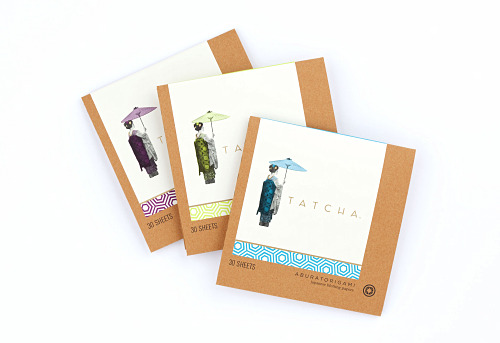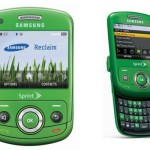I’m just gonna put it out there: I have always had really oily skin and large pores. Consequently, much of my brain space in high school was not so much occupied with how toxic the ingredients were in my oil controlling face powder as it was with whether the hot foreign exchange student would kiss me for the first time on an evening when I forgot to (re)apply the aforementioned powder because then he would get a close-up look at the oil and the pores and I would subsequently be subjected to an unsolicited lesson in how to say “My God woman what is wrong with your face?!” in Italian, thus forcing me into hiding for the next three years, with nothing to keep me company but Sassy magazine and my angst-ridden poetry about bad skin and why I hated Europeans.
Ahem. Moving on.
Unfortunately, face powder was a mixed blessing, as the more I applied it, the junkier my face felt, and I was pretty sure it was causing the little pimples I was getting on my cheeks. Consequently, when I first heard about the magic mattifying promise of blotting papers, you can be sure I drove to Dayton’s Department Store as fast as my Pontiac Phoenix would take me and purchased a big pack of the finest blotting papers in all of Fargo.
Fast forward, um, you know, a few years and blotting papers have become a staple in my purse, dashboard, makeup bag, and gym bag. What I did not know, however, was that all of my favorite brands contained synthetic fragrance, talc, and mineral oils (which strikes me as blasphemous in a blotting paper). I also did not know the original blotting papers – the ones Japanese women have been using from over 300 years – have always been made using nourishing abaca stem, not the overly drying wood pulp we are subjected to, if we’re lucky, here in the States. Yes it’s true: Even high-end American blotting papers are basically fragranced toilet seat covers. The cheaper, drug store sheets are actually perfumed sheets of petroleum. Awesome.
Tatcha papers are handmade by the same village of artisans whose families have been using the abaca to pound gold into exquisitely thin sheets for centuries. These are the same papers given to the Geisha as gifts by these artisans three hundred years ago, which the women used to keep their skin flawless despite the daily regimen of heavy makeup.
Today, abaca-based blotting papers can be found in nearly every purse, backpack, and clutch in Japan. Tatcha founder, Vicky Tsai, discovered the superiority of abaca-based blotting papers during her frequent business trips to Japan, and went to extraordinary lengths to bring us these wonder sheets. They absorb excess oil in the morning, act as a primer (for oily or dry skin) to help foundation stay on all day, can be used midday to refresh the face without removing makeup, and are absolutely essential for travel (let’s be honest – as carry-on restrictions launch into the ridiculous, blotting papers may all you’re allowed to carry on your next flight).
When I read about Tatcha Aburatorigami Blotting Papers (thank you, EcoStiletto!), and the amazing story behind them, I had to get my hands on a pack. Sure enough, I immediately noticed the difference: my skin looked great without the tight feeling I got from the spendy toilet seat covers, and one large sheet was enough for my entire face, as opposed to the three I usually needed of the postage stamp-sized department store brands.
Best of all, Tatcha Aburatorigami Blotting Papers contain no fragrance, talc, mineral oil, or petroleum; just little gold flakes as a sign of authenticity.
Starting in February, you can find Tatcha at Space NK stores. For now, they can be purchased at Tatcha.com, or at Natureofbeauty.com (which is currently the only company shipping them internationally).



One Comment